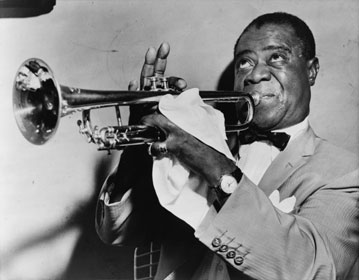I've been balking for months at the ridiculous television ads for the
Smoke-Free Illinois Act (formerly the
Illinois Clean Indoor Air Act) that promise "air free of cancer-causing toxins" when the only difference in the air is a lack of cigarette smoke. There are still other toxins in the air, and plenty of other ways to get cancer other than from those airborne toxins. Cancer aside, think of all the other irritants polluting our indoor air: wearers of too much cologne, bearers of body odor (ranging from
homeless dude to
indie rocker in severity), and pet owners who transmit pet dander (allergens) on their skin, hair and clothing. Is our
legislature sincerely trying to improve air quality, or just pretending to save people from their beloved vices? Take a guess.
In
Illinois,
71.82% of us believe that smoking a pack or more a day poses a significant health risk. Only
38.75% of us believe there is a significant risk in the consumption of five or more alcoholic drinks, once or twice a week. Roughly
.2% of deaths in Illinois are caused by cancer. But
45% of traffic fatalities are alcohol-related. Why haven't we outlawed alcohol from public places? Or automobiles? We need to be saved from booze and cars more than we need to be saved from cancer or cigarettes.
Today I'm snickering at New York City's new
menu labeling regulations, which claim to help guide consumers to healthier choices - by displaying only caloric information. What about fat, sodium and cholesterol? Sure,
20% of New Yorkers are obese, but
25.3% of them have high blood pressure and
34.9% of them have high cholesterol. If health were the true priority, the labeling wouldn't begin and end with calories alone.
And since when is it the restaurant's job to teach the ignorant masses how to eat properly? Why aren't grocery stores tasked with educating us more? Wait, what about schools - they're supposed to have educated us already, right? Oh, and our parents... we learn our eating habits from our parents more than anyone else. You need a license to drive a car and you have to be 21 to purchase alcohol, but any dumb-ass can have kids and instill unhealthy habits in them.
Why do we feel the need to demonize a fashionable bad guy instead of address the real problems in their entirety? Why does legislature feel the need to save us from ourselves only when convenient? And why do I think that one of my blog readers is going to have the answers to these questions?
Today is just one of those days, I guess.UPDATE: DC Lies has
the answer.

